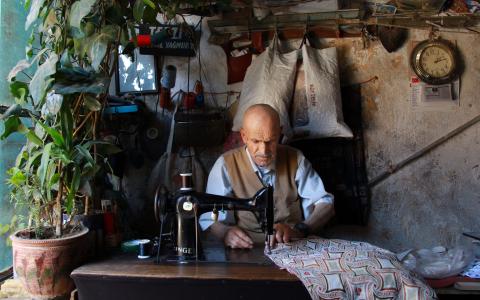
(Bloomberg) - “Excesses” in financial markets that drove bullish psychology out of control are being corrected in this downturn, leading to better opportunities for value investors, according to Oaktree Capital Management co-founder Howard Marks.
“The bloom is off the rose, and we’re happier than we were six months ago,” Marks said in a Wednesday interview with Bloomberg Television’s Lisa Abramowicz. “When there’s euphoria, optimism, greed, that’s a very difficult environment for a value investor.”
Marks, who was bullish on the market’s early coronavirus pandemic plunge, began urging a more cautious stance in late 2020 as monetary policy decisions lifted asset prices dramatically. He warned that spirits had floated too high after intervention by the Federal Reserve flooded the market with liquidity, cautioning that high optimism creates “more room for disappointment.”
Credit Decisions Examined
Marks and other debt investors may look to private lending markets to see some of the earliest and sharpest fallout from the credit pullback, he said. Oaktree, which has a dominant presence in direct lending, has seen peers flood into the class, driving total private credit assets to more than $1 trillion.
“When the tide goes out, you find out who is swimming without a bathing suit, and when economic and financial conditions become more difficult, we’ll find out who made good credit decisions and who made bad ones,” he said.
Marks has said in the past he doesn’t base his investing decisions on forecasting economic trends, instead focusing on a credit-specific approach that seeks “downtrodden” assets.
“We are not market timers,” Marks said. “If it’s cheap today, we buy it. I think that works much better than an assertion that we know where it will be in six months.”
Similarly, he declined to predict the course of inflation in the US.
Outside of the US, Oaktree sees value in areas other firms avoid, including Chinese and other foreign and emerging markets.
“I’ve made my living for the last 50 years investing in the things other people said were uninvestable,” he said. “When I hear people say that China’s uninvestable, to me uninvestable says, maybe there’s some bargains there if everybody else is boycotting that sector.”
By Eliza Ronalds-Hannon



